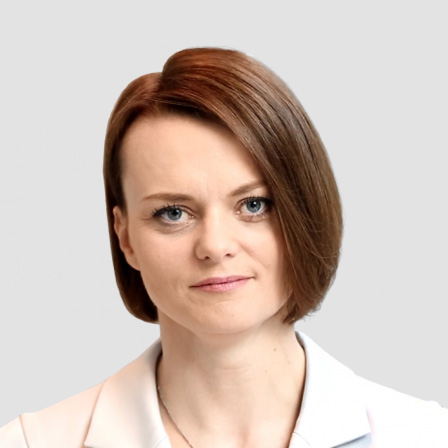
- Kierunki zmian w energetyce powinny koncentrować się z jednej strony na lepszym wykorzystaniu węgla, ale także na szukaniu alternatywnych źródeł energii. Jeśli mamy spełnić cel miksu energetycznego na poziomie 12-16 proc. ze źródeł odnawialnych, to energetyka prosumencka, wydaje się, że w najkrótszym czasie pozwoli nam ten cel uzyskać. Wiemy, że rozwijając OZE, problemem pozostaje stabilizacja sieci. To ważny obszar i wiele sobie obiecujemy w tym sektorze, szczególnie jeśli chodzi o magazynowanie energii opartej na wodorze.
Temat czystej energii i czystego powietrza jeszcze nigdy nie był tak wysoko na agendzie politycznej żadnego rządu. Jesteśmy odpowiedzialni, chcemy zostawić Ziemie następnym pokoleniom co najmniej w takim stanie w jakim ją otrzymaliśmy. To cel programu #EnergiaPlus.
JADWIGA EMILEWICZ
-MINISTER PRZEDSIĘBIORCZOŚCI I TECHNOLOGII
(źródło: wypowiedź podczas konferencji PGE pn. „Polska energetyka w obliczu innowacji”, @MPiT_GOV_PL )
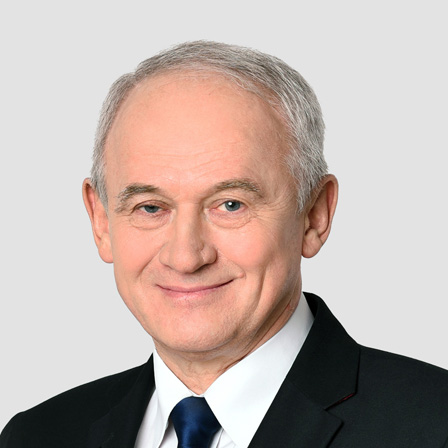
- Dla Polski bardzo istotna jest transformacja uwzględniająca wrażliwe aspekty społeczno-gospodarcze i przeprowadzana z poszanowaniem indywidualnych uwarunkowań poszczególnych państw.
Polska, podobnie jak Niemcy, dostrzega potrzebę transformacji energetycznej i związanej z tym potrzeby budowy niskoemisyjnych i bezemisyjnych źródeł energii elektrycznej. Proces ten w Polsce będzie miał jednak charakter ewolucyjny. Środkami realizacji polskiej transformacji będą m.in. rozwój programu jądrowego oraz zwiększenie wykorzystania energii ze źródeł odnawialnych, w tym energii z wiatru na morzu i energii słonecznej, pokrywających dynamicznie rosnące w Polskich gospodarstwach domowych i w rozwijającej się gospodarce zapotrzebowanie na energię elektryczną. Strategicznym priorytetem naszej koncepcji jest zapewnienie niezawodnych dostaw i bezpieczeństwa energetycznego państwa.
KRZYSZTOF TCHÓRZEWSKI
-MINISTER ENERGII
(źródło: https://www.gov.pl/web/energia)
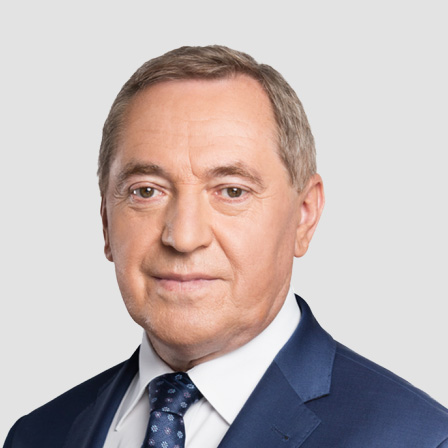
- Udział węgla i paliwa gazowego, czyli energetyki emisyjnej, jest w Polsce znaczący, ale zgodnie ze strategią energetyczną jego udział będzie malał. To kierunek, który będzie wspierany przez Ministerstwo Środowiska, bo bez zmniejszania udziału energetyki emisyjnej w całej puli produkcji energii elektrycznej nie osiągniemy celu neutralności klimatycznej.
Jest kilka możliwości, aby ten cel osiągnąć. Po pierwsze chodzi o zmniejszenie udziału energetyki emisyjnej, po drugie – o starania, aby zwiększać możliwości pochłaniania dwutlenku węgla.
HENRYK KOWALCZYK
-MINISTER ŚRODOWISKA
(źródło: https://www.gov.pl/web/srodowisko)
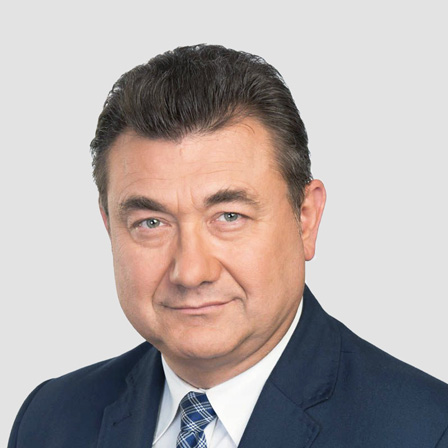
- Istotną rolę odnawialnych źródeł w przebudowie polskiego miksu energetycznego określa projekt „Polityki Energetycznej Polski do 2040 roku”. Jednak w celu poprawy stabilności pracy źródeł OZE, naturalnym sprzymierzeńcem są również inne sektory energetyki, mogące wpływać na stabilizację pracy sieciowej. Koniecznym jest więc współistnienie różnych źródeł wytwórczych w systemie energetycznym.
GRZEGORZ TOBISZOWSKI
-SEKRETARZ STANU, MINISTERSTWO ENERGII
(źródło: https://www.gov.pl/web/energia)
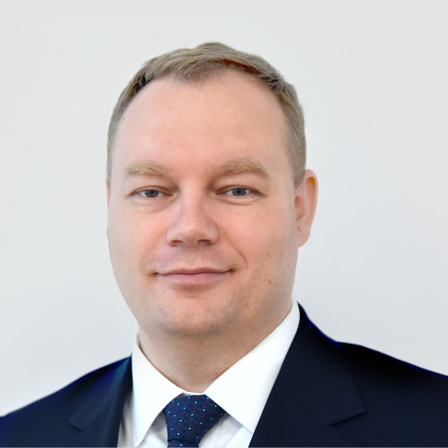
- Priorytety rządu w energetyce to równowaga pomiędzy trzema celami: bezpieczeństwo energetyczne, zachowanie konkurencyjności gospodarki kraju poprzez utrzymanie przystępności cen oraz zmniejszenie oddziaływania energetyki na środowisko.
TOMASZ DĄBROWSKI
-PODSEKRETARZ STANU, MINISTERSTWO ENERGII
(źródło: https://www.gov.pl/web/energia)
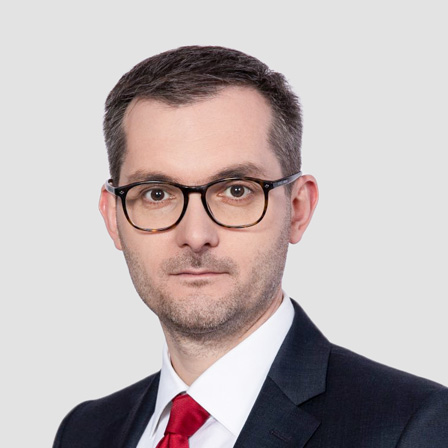
- Polityka klimatyczna powinna być osadzona w kontekście konkurencyjności i innowacyjności przemysłu. Ministerstwo Przedsiębiorczości i Technologii widzi silną potrzebę, by wspierać przemysł energochłonny, także ws. wzrostu cen energii.
MAREK NIEDUŻAK
-PODSEKRETARZ STANU, MINISTERSTWO PRZEDSIĘBIORCZOŚCI I TECHNOLOGII
(źródło: @MPiT_GOV_PL )
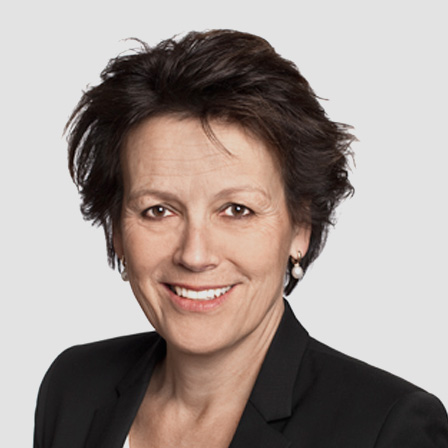
- System operators are in the starting blocks to plug in the reservoirs of flexibility that demand response, storage, digitalisation and link up between distribution and transmission represent.
Bente Hagem
-Board Member, ENTSO-E
(źródło: https://www.edsoforsmartgrids.eu)
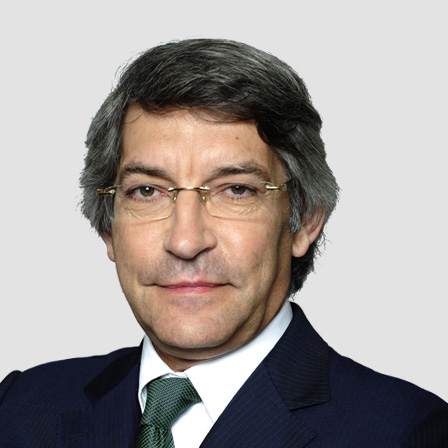
- The most important of all is the need to place consumers at the very centre of the transformation process, making them understand the need for changing the way they engage and participate, being it directly, as single actors, or through new forms of collaboration and association that will bring about innovative interactions.
João Torres
-Board Member, EDSO for Smart Grids
(źródło: https://www.edsoforsmartgrids.eu)
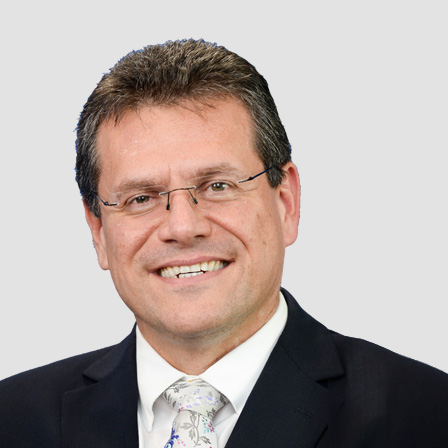
- The challenge is that of social fairness or the just transition. We have to make sure that no one is left behind in this huge transformation – no Member State, no sector, no region, no community, no worker, no consumer.
We are therefore working in partnership with 18 coal regions in eight Member States to support an industrial-driven low-carbon transition, while mitigating its social consequences.
Maroš Šefčovič
-Wiceprzewodniczący Komisji Europejskiej
(źródło: http://europa.eu/)
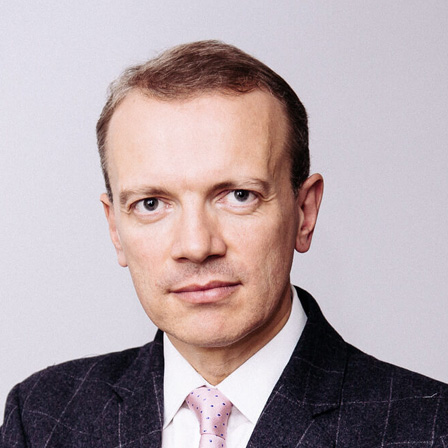
- Clean Energy Package means that not only renewables but also other technologies like demand-side response or storage should have equal opportunity to play the market. We have market-based mechanisms for renewables. Renewables are moving away from feed-in tariffs and are now “balancing responsible.”
We have phased out priority dispatch, so we are more active in ensuring the reliability of the grid. However, despite the fact that our technology can provide ancillary services, the market for ancillary services needs to be better designed to allow for the participation of renewables.
Giles Dickson
-CEO, WindEurope
(źródło: https://windeurope.org/)
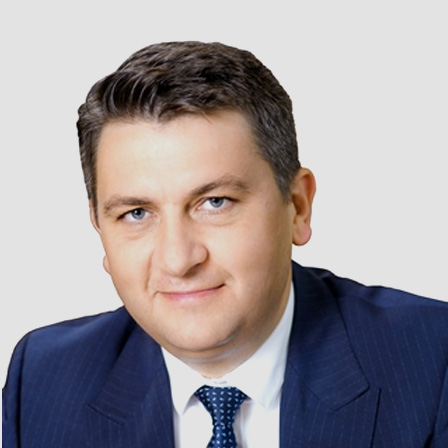
- Last year, coal imports in to the EU were at the level of 173 million tonnes, with Spain and the Netherlands seeing an increase by over a dozen percent in the consumption of these fuels. The power demand grew to such an extent that, last year, more electric power had to be produced from solid fuels. 173 million tonnes of coal had to be imported. This coal created jobs outside Europe, while its combustion and its impacts were located in Europe. Whether such an approach is justified is an open question.
We are appealing for prudence, for arranging solutions in a reasonable time, so that it is profitable for European producers and does not result in the imports of hundreds of millions of tonnes of coal in to Europe.
Tomasz Rogala
-Prezes EURACOAL
(źródło: https://euracoal.eu/)
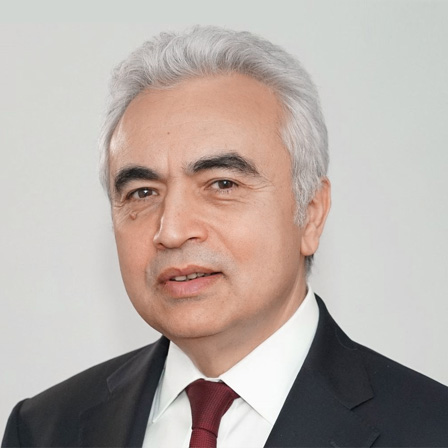
- We have seen an extraordinary increase in global energy demand in 2018, growing at its fastest pace this decade. Last year can also be considered another golden year for gas, which accounted for almost half the growth in global energy demand. But despite major growth in renewables, global emissions are still rising, demonstrating once again that more urgent action is needed on all fronts — developing all clean energy solutions, curbing emissions, improving efficiency, and spurring investments and innovation, including in carbon capture, utilization and storage.
Dr Fatih Birol
-Executive Director, International Energy Agency
(źródło: https://www.iea.org/)
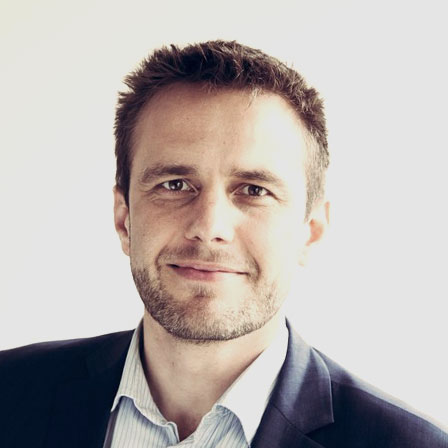
- I would like to contribute to ensuring that we take a balanced approach to the energy transition, where we balance environmental responsibility against economic responsibility, EU legislation against the subsidiarity principle and where we balance investor incentives against investor certainty.
Kristian Ruby
-Secretary, General Eurelectric
(źródło: https://www.powerengineeringint.com)
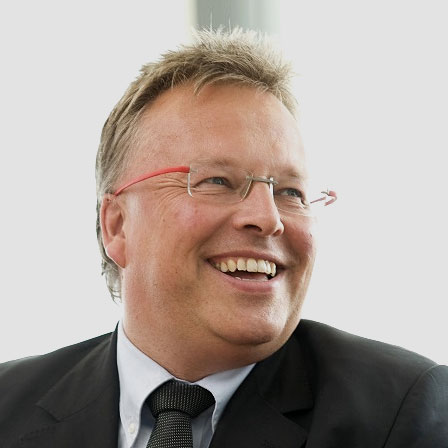
- We need a breakthrough in Germany. It’s time to open the doors for sector coupling on an industrial scale.
Stephan Kamphues
-President, ENTSOG
(źródło: https://www.open-grid-europe.com)
